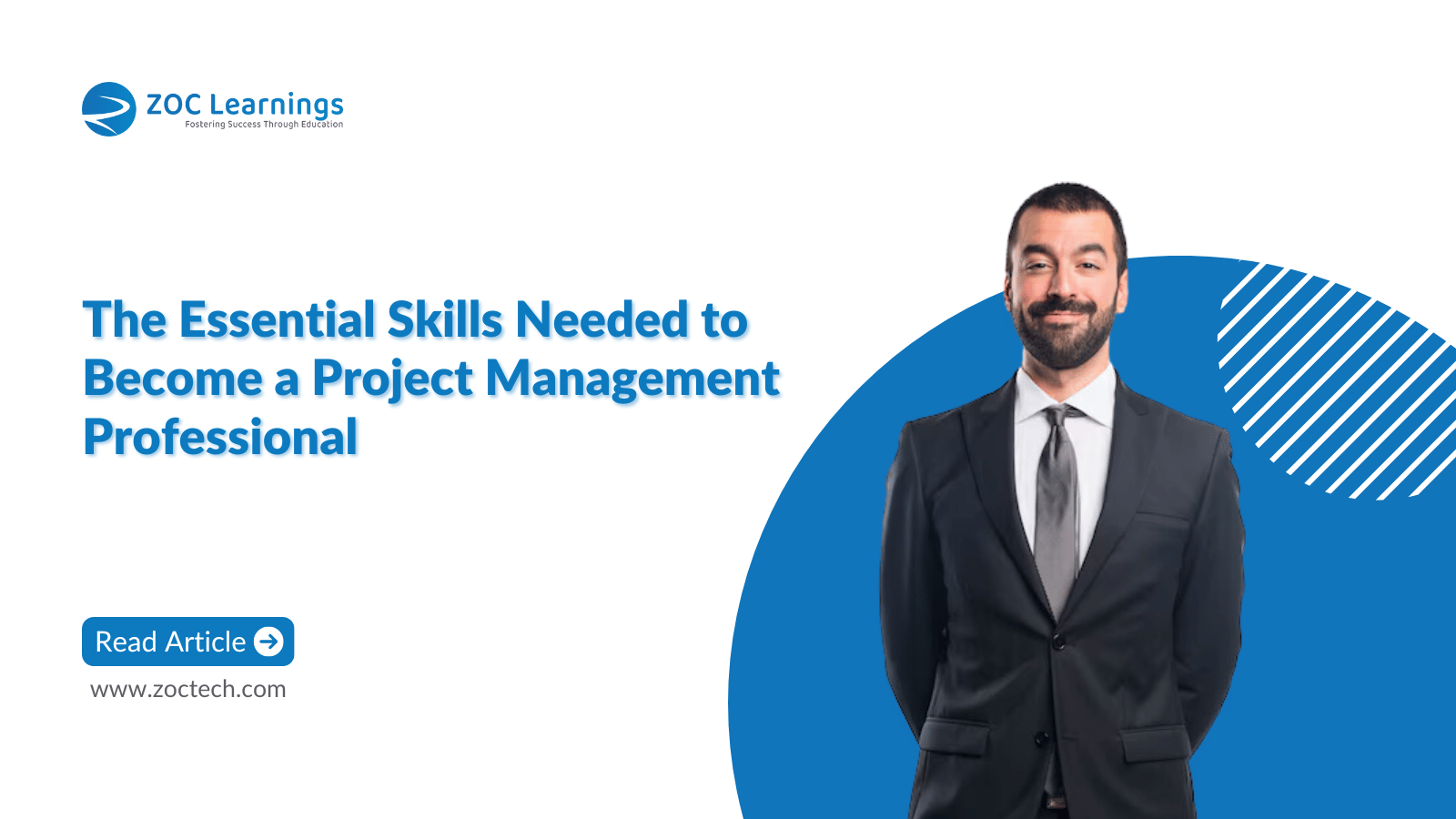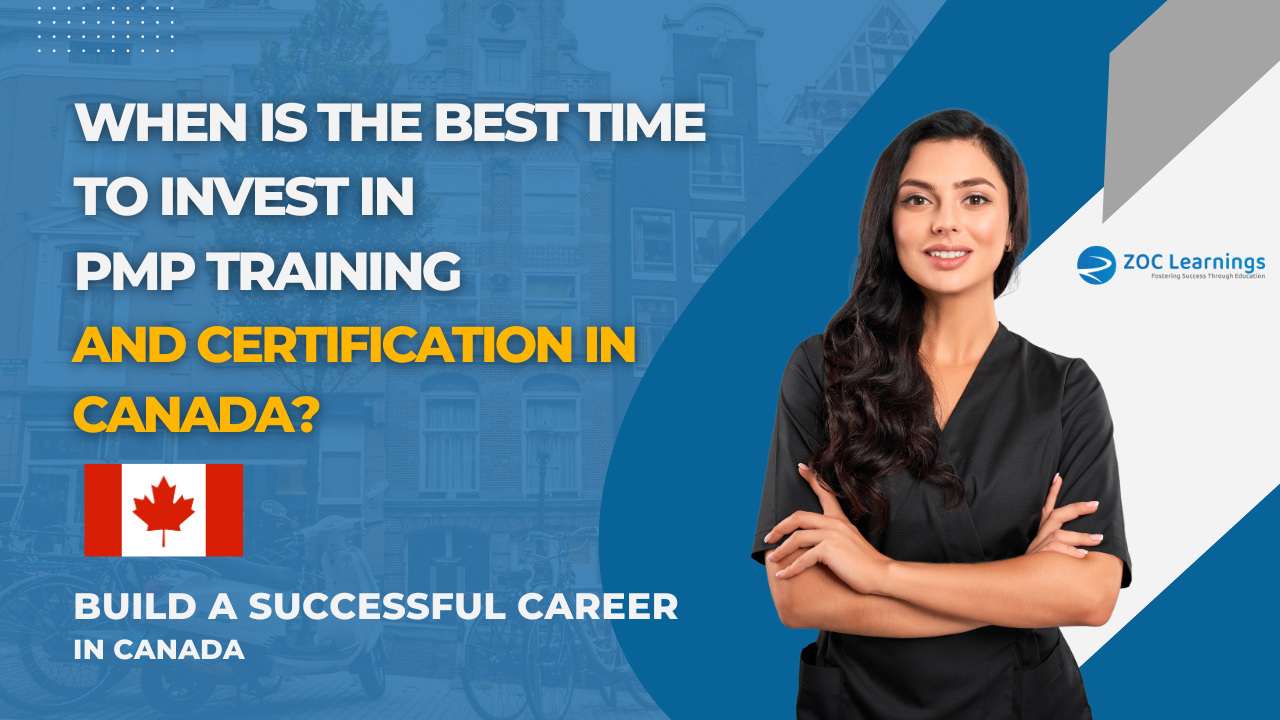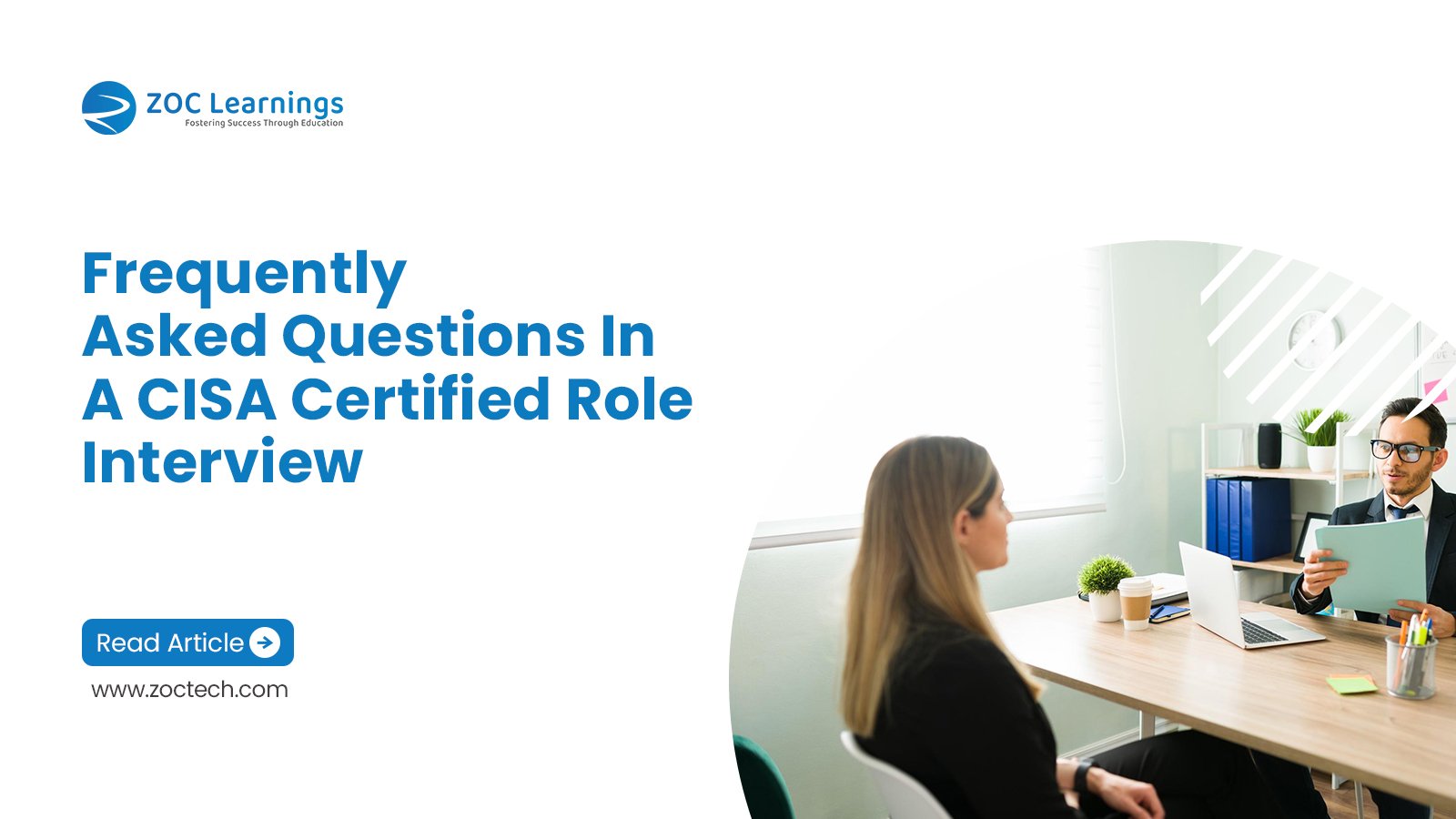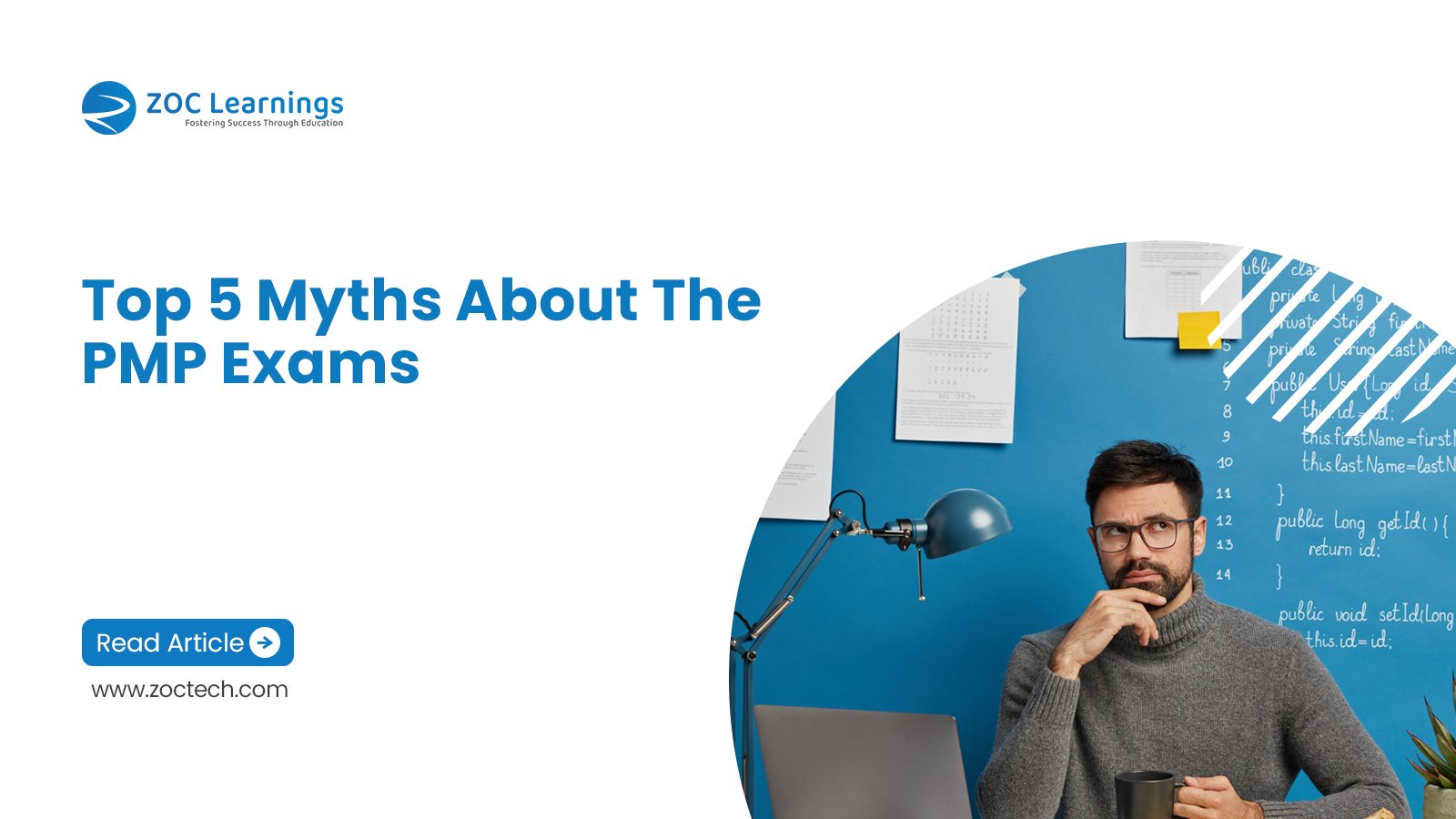Project Manager Skills goes beyond technical knowledge. It is one of the certifications that many people consider when they want to take a higher level in their profession. When one is certified as PMP, employers and clients are assured that the candidate has what it takes to right the project from conception to completion. Nevertheless, what does it take to achieve the degree as well as progress to a successful project management professional? Now let’s consider the basic skills that are going to be crucial for success.
What is project management:
Project management can be defined as the effective use of tools, techniques, knowledge, skills and project manager skills to deliver identified project requirements and expectations. It encompasses the various resources and the process entails organizing budgets, schedules and other aspects of scope to ensure the realization of a certain project effectively.
Sub Processes of project management are understanding goals/outcomes to be achieved and linking them to objectives, defining and sequencing activities, identifying and documenting risks and risk response plans, engaging stakeholders, selecting team members and defining their responsibilities, acquiring and distributing project resources, continuously monitoring project and team performance and progress, and documenting decisions and lessons learned.
Proven Project Manager Skills
Such skills required for technical project management like:
Hard Skills
- The project management framework from project management institute would encompass knowledge of other project management approaches such as agile, waterfall and mixed methods.
- Knowledge in project scheduling applications and project management software such as; Microsoft Project, Basecamp, Asana.
- Of which, cost control functions particularly, meetings and budgeting plus scheduling capabilities.
Soft Skills
- Measures of leadership and skills in integrating a team.
- Good and effective communication skills (oral and written).
- The negotiating and conflict solving abilities.
- In the classroom, the following cognitive skills of critical thinking and analytics are valuable.
Strategic Thinking
In order for one to be a good PMP professional, a candidate has to have an overall strategic outlook together with technical project manager skills. Important strategic abilities include:
- Matching the goals of a project with the objectives of the organization
- Return on investment can also be forecasted, which is an integral to any business plans undertaking an investment project.
- Measuring and comparing performances in order to plan for improved results
- It has the ability to make data-driven strategic recommendations
- With PMI project management try to manage more than one project or task or resource at a time.
Emotional Intelligence
Emotional intelligence (EI or EQ) refers to the understanding of oneself and others’ feelings, as well as the regulation of emotions properly. Managers who master the art of emotional intelligence are beneficial for any project’s management. Key emotional intelligence skills include:
Self-confidence deals with the ability of students to manage-on their own self-control while learning.
- Empathy and supportiveness
- coinsule and team leadership
- Conflict management
- Change management
Ethics and Professionalism
PMP certification for pmp exam prep requires them to follow the Project Management Institute’s code of ethics and professional conduct. Some important ethical practices include:
- Concerns of stakeholders
- Reporting of conflicts of interest
- Privacy and disclosure
Continuous Learning
The context of project management remains dynamic and eminently changeable. To remain professionally competitive, PMPs must be committed to ongoing education such as:
- Continuously using materials such as trade journals
- Conferences and seminars
- Becoming a member of professional associations
- Being certified globally
Benefits of attaining project manager skills:
Here are some crucial advantages of becoming PMP like:
- Enhances leadership, communication, and organizational abilities – Project management entails supervising people, relaying information to others, and tidiness. It is important because these skills make you more employable.
- Financial advancement – An individual holding PMP certification earns more than 20% of what a PMP non-certification earns. There is also high demand for project managers as well.
- Networking prospects – As a member of the PMI chapters and Conference, one can get to interact with other people who have the same or similar practicing professions. This is important since it widens the professional network.
- Career development – A PMP denotes capacity for project management. It also makes one more favorable for the senior PM positions or any other leadership jobs.
- Project availability- Recent polls revealed that 87% of employers stated that employees with a PMP and other recognised certification were easier to hire. Certification is an added advantage in the current world of competition.
- Internationally accredited – The certification is recognized in all the regions of the world and will indeed assure employers around the world that you possess the requisite PM skills. It enhances job mobility.
- Skill enhancement: If one gets ready for the PMP examination, he will have to enhance the new hard and soft skills including budgeting, risk planning, management of vendors among others. It is relevant for you to know that lifelong learning helps you.
- The processes, tools and PMI’s standards – To complete the test, one needs to show an increased level of knowledge on PM processes and tools as well as the standards provided by PMI. This makes you better at your job.
- Recognition of competency- The PMP exam process is a tough course to complete and can take a lot of time. To be on the list of the few PMP certified professionals is some achievement.
- Better and higher paid job – According to several research the PMP credential holders in all industries earn a better package than their counterparts with no PMP certification but working in similar positions. More skills equal higher pay.
Frequently Asked Questions
Q1: How many months does it take to get PMP certified?
A1: The time it will take to gain PMP certification will vary depending on your experience level. But those meeting the contact hours requirement in managing projects may prepare for and take the exam in 3-6 months. Candidates who require more training may take up to 12 months or more to complete their training.
Q2: How should one prepare for the PMP examination whenever he or she is planning to sit for the test?
A2: However, as acknowledged by all people, every person learns differently and thus, the best approach to study for the exam involves use of PMP exam prep books, online PMP training, practice exams, and pass4sure study groups. It acquaints you with the material through other medias and formats.
Q3: Is the PMP certification worthwhile?
A3: Indeed, PMP certification as mentioned before gives a lot of accounts-synthesized career benefits such as higher remuneration packages, more managerial responsibilities, and market demand. According to surveys, the certified PMP receives approximately about 20% more salary on average.
Q4: Which projects are considered for experience while applying for PMP?
A4: The Project Management Institute lets you use work done in any projects within the last 8 years, on the run. They comprise volunteer work, self-employment, employment and personal software or event development totaling at least 3 years/ 36 months preparation experience.
Q5: What is the average income of PMP certified project managers?
A5: The latest survey that was conducted by Project Management Institute in 2021 showed that the annual salary of Project management professional PMP certified project managers in North America is $120,000. The gross annual package starts from $80,000 and can go up depending on years of experience to $180,000 and above.
Q6: Which is the most recommended pmp exam prep book?
A6: Among the highest ranked are the PMBOK guide latest edition and ZOC Learning’s PMP Exam Prep. While studying for the exam, the PMBOK provides full coverage of all the contents while on the other hand, these books the usage of memorable techniques, different practice tests. Thus, the best outcomes are achieved when using these together with practice tests and Web resources.
Conclusion
Attaining the PMP mark is a clear indication to every society that you are the modern Project management professional PMP, the trained and experienced who has what it takes to turn around projects’ outcomes positively. Although the certification process takes time and effort to complete for many persons, this process is generously rewarded at the career level if a person is ready to take the test. And let us remind ourselves that even certified PMPs should never cease to grow and develop in leadership, technical, strategic, and interpersonal skills.











